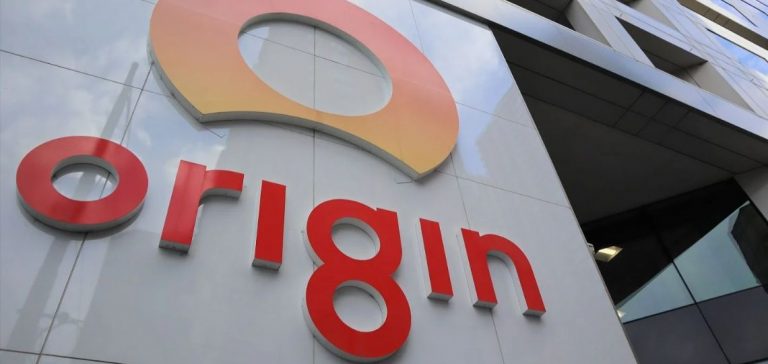Origin Energy has announced its intention to withdraw from its potential hydrogen development project in the Hunter Valley, called the Hunter Valley Hydrogen Hub (HVHH). This decision is consistent with the company’s overall strategy and reflects uncertainties around the pace and timing of hydrogen market development, as well as risks associated with capital-intensive projects.
Origin Energy CEO Frank Calabria stated, “We have worked hard to evaluate the investment case for hydrogen and are grateful for the strong government support. We continue to believe that hydrogen could play a role in the future energy mix. However, it has become clear that the hydrogen market is developing more slowly than anticipated, and there remain risks, along with input costs and technological advancements to overcome. The combination of these factors means we are unable to see a current pathway to take a final investment decision on the project.”
Origin Energy’s Strategic Focus
The decision to exit the HVHH reflects the prioritization of capital expenditure towards opportunities more closely aligned with Origin’s strategy. The company believes that investments focused on renewables and storage can better support energy supply decarbonisation and secure energy security in the near term.
Origin Energy has been closely following the global development of hydrogen technology and markets over the past four years. The company has evaluated a range of options across several jurisdictions and acknowledges that this decision might disappoint some partners and stakeholders. However, it remains open to exploring commercial options for the HVHH, while ceasing work on all hydrogen development opportunities.
HVHH Project Background
Origin Energy has been working closely with Orica, a mining and chemical services company, to assess the feasibility of the HVHH. The partnership aimed to combine Origin’s expertise in energy with Orica’s knowledge in chemical technologies to develop a competitive and sustainable hydrogen hub. Together, the two companies explored various ways to integrate hydrogen into existing industrial processes and transportation infrastructures.
The project received approval from the New South Wales government and was targeting a final investment decision. It was shortlisted under the Australian Government’s Hydrogen Headstart program, having already secured funding commitments from the Commonwealth and New South Wales grant programs.
Impact on the Hydrogen Sector
Origin Energy’s decision to exit the HVHH may have repercussions on the hydrogen sector in Australia. As a major player in the energy field, Origin’s choices influence market trends and investment decisions of other companies. This announcement could prompt other firms to reassess their own hydrogen-related projects, considering the economic and technological uncertainties.
Industry experts note that the hydrogen market is still in a maturing phase and that current economic conditions may slow down the rapid development of new projects. However, some analysts remain optimistic about hydrogen’s long-term potential in the global energy transition, especially as an energy storage medium and as a way to reduce carbon emissions in hard-to-decarbonize industries.
Stakeholders’ Reactions
The local community and HVHH project stakeholders have expressed some disappointment over Origin Energy’s decision. Government representatives emphasized the importance of hydrogen for Australia’s long-term energy goals and reaffirmed their commitment to supporting similar initiatives in the future. Meanwhile, industrial partners commended Origin for thoroughly evaluating the project’s viability before making a strategic decision.
Origin Energy also assured that it would continue to collaborate with local communities and authorities to explore other sustainable development avenues. The company remains committed to contributing to the energy transition and enhancing the resilience of the Australian energy network in the face of environmental and economic challenges.






















